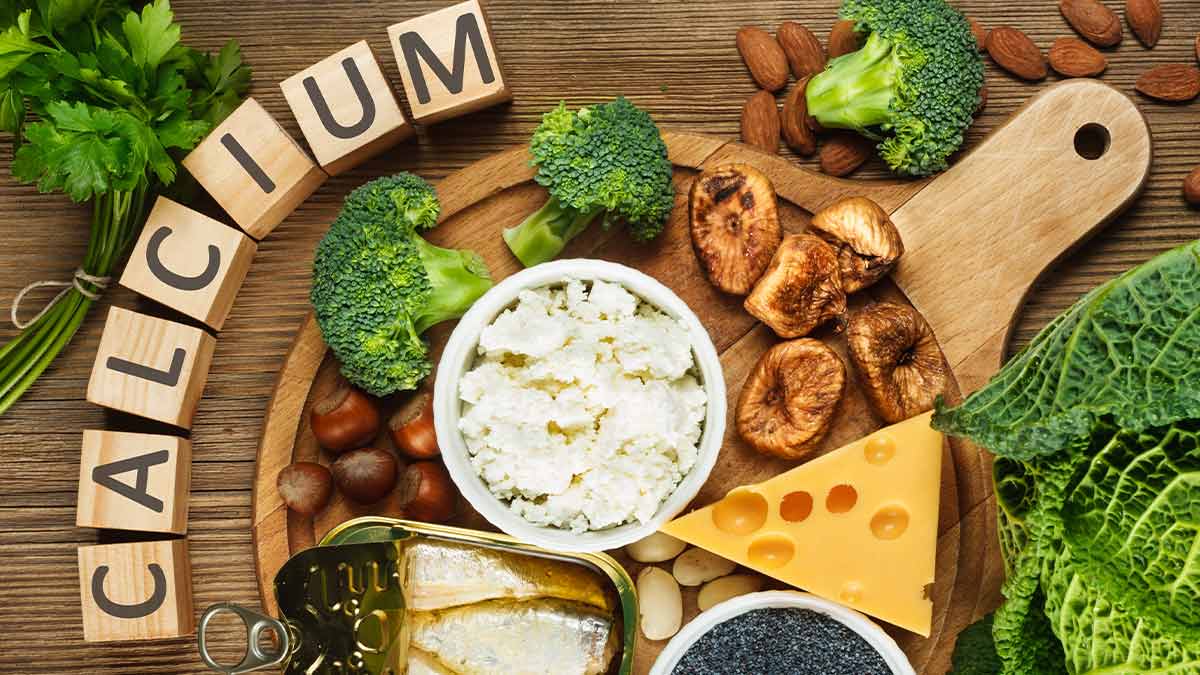
As parents, one always does their best to give their children the very best start in life, and nutrition is right at the very top of that agenda. Of the many necessary nutrients, calcium is the superstar, particularly in the developing years of 1 to 5. These years are a time of much growth and development, with wee bones getting stronger and longer at a truly miraculous rate. Therefore, how much of this essential mineral do our children really require daily?
Table of Content:-
In an exclusive interaction with the editorial team of Onlymyhealth, Dr Bhumesh Tyagi, Consultant, General Medicine and Physician, Shardacare, Health City, Noida, explained everything you need to know!
What Exactly Are Daily Calcium Requirements?
For the 1 to 3 years old, daily intake of calcium is advised at 700 milligrams (mg). As age progresses into 4 to 5 years, this is raised marginally to 1,000 mg daily. These figures may sound intangible, but knowledge of them is key to maximising bone health, nerve and muscle function, and even a well-functioning heart rhythm.

Also Read: 10 Important Things to Know About New COVID-19 Variant 'Razor Blade' Sore Throat
Calcium is the major component of healthy bones and teeth, and a proper intake during these initial years forms the basis for a healthy skeleton for the whole life. A lack of calcium can cause weaker bones, putting one at risk for rickets, an ailment that may lead to bent legs and stunted growth. It also affects the formation of healthy adult teeth, making them cavity-prone later in life.
What Are Some Good Sources Of Calcium?
The good news is that it's usually easier than you'd imagine to satisfy these calcium needs. Dairy foods are notorious calcium powerhouses. One 8-ounce glass of milk yields about 300 mg of calcium. Cheese and yogurt also are great sources, with a 6-ounce serving of yogurt yielding about 200-300 mg and an ounce of cheddar cheese delivering about 200 mg.

Yet, in children with dairy intolerance or allergy, or those on a plant diet, there are many alternative non-dairy sources. Fortified plant-based milk alternatives (soy, almond, oat), calcium-set tofu, fortified orange juice, green leafy vegetables such as kale and broccoli, and some fortified breakfast cereals are all potential contributors to their daily calcium intake. Checking nutrition labels to verify the calcium content in fortified foods is always a good idea.
Link Between Calcium and Vitamin D: Through An Expert's Lens!
When considering calcium foods, don't forget that Vitamin D is its important partner in crime. Vitamin D assists the body in absorbing calcium, so getting your child enough sun exposure (safely) or from fortified foods and supplements (under doctor's orders) is just as essential.
Bottomline
In case of concerns regarding your child's calcium level or food limitations, talking to your child's pediatrician or registered dietitian can offer tailored advice to make sure your child is laying a solid, healthy foundation for their future, one calcium-filled bite at a time.
Also watch this video
How we keep this article up to date:
We work with experts and keep a close eye on the latest in health and wellness. Whenever there is a new research or helpful information, we update our articles with accurate and useful advice.
Current Version
